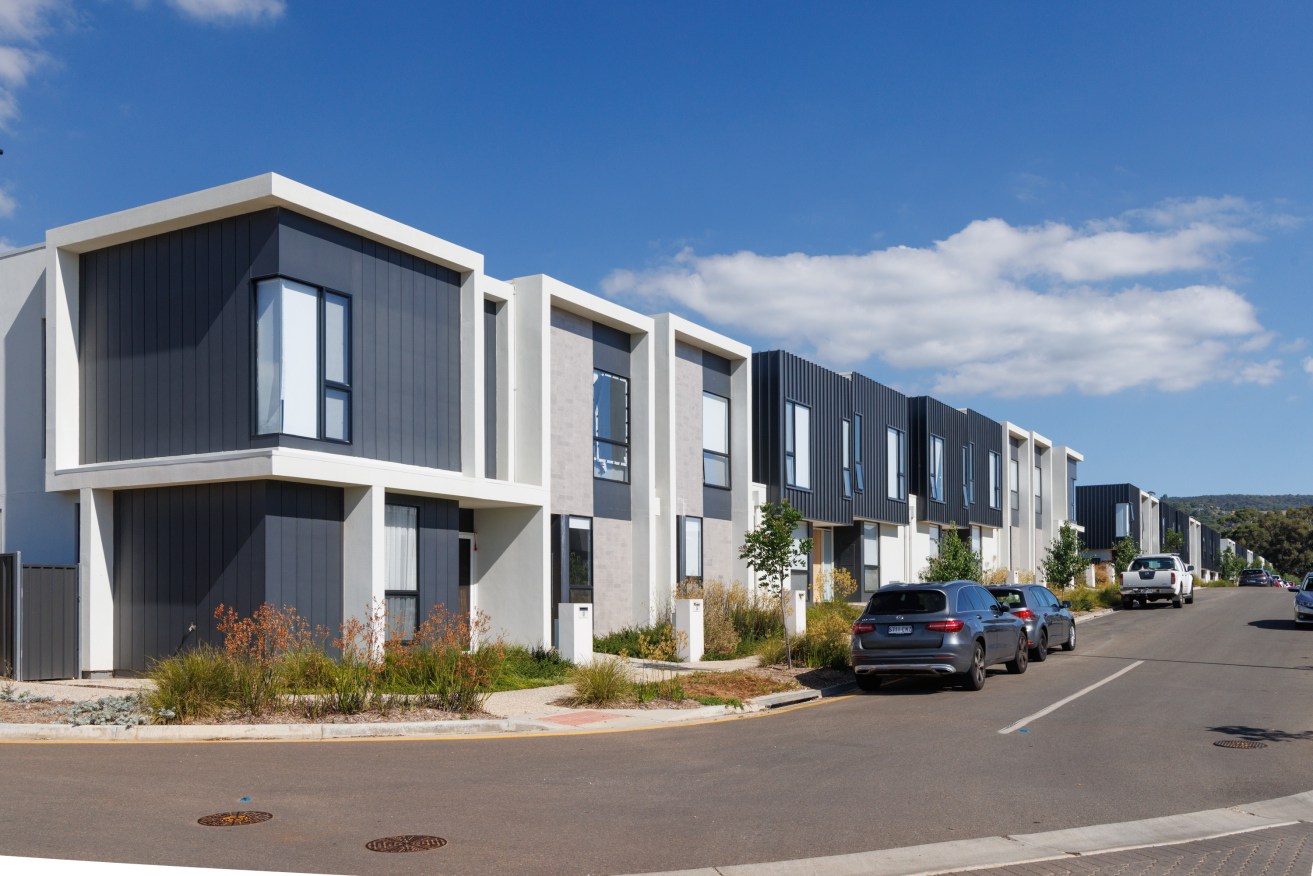Households brace for another rate hike
The Reserve Bank is today expected to lift interest rates yet again in a bid to contain inflation, with the cash rate set to rise to its highest point in over a decade.

Photo: Tony Lewis/InDaily
The RBA board is widely anticipated to announce a 25 basis point rise when it meets on Tuesday, taking the cash rate to 3.35 per cent.
RateCity says this will mean an extra $908 a month in total for the average borrower with a $500,000 loan, since the start of the hikes last May.
For a $750,000 loan, the expected rate increase will mean an extra $114 a month or $1362 since the RBA started lifting rates in May.
Commonwealth Bank is forecasting no further hikes, while Westpac and ANZ expect three over 2023.
It would be the ninth rise in as many meetings, taking the cash rate to its highest level since September 2012.
Borrowers are being encouraged to do a “stress test” on their loans, using online comparison tools.
The RBA is seeking to use rate rises to put a lid on inflation, which at 7.8 per cent is the highest it has been since 1990.
“The determination to bring the inflation rate back into the two to three per cent target band shouldn’t be doubted,” CommSec’s Craig James said.
Economists have noted some slowing in spending, with retail sales volumes falling 0.2 per cent over the quarter.
However, James said the softening in the retail sector was unlikely to stop the rate hike, with a strong jobs market and higher migration to support spending over the year.
Equifax also reported a drop-off in mortgage demand, down 16.1 per cent in the final quarter of last year, influenced by rate hikes and the rising cost of living.
The agency is also seeing consumers turning to credit cards to help pay bills and buy services such as travel, up 21 per cent in demand in the December quarter.
Treasurer Jim Chalmers said the government was dealing with global and domestic pressures on inflation, which was starting to moderate but remained “unacceptably high”.
He noted the government was delivering cheaper early childhood education and medicines, and was working on electricity bill relief, as well as showing spending restraint in the federal budget.
But Opposition Leader Peter Dutton said the government had to foot the blame for political decisions which had increased pressure on the RBA and would ultimately make life harder for families.
“World events always influence interest rates and the RBA takes that into consideration and always has,” he said.
“The fact is, though, this government has made decisions which have put upward pressure on interest rates including, for example, in relation to industrial relations.”
-AAP




